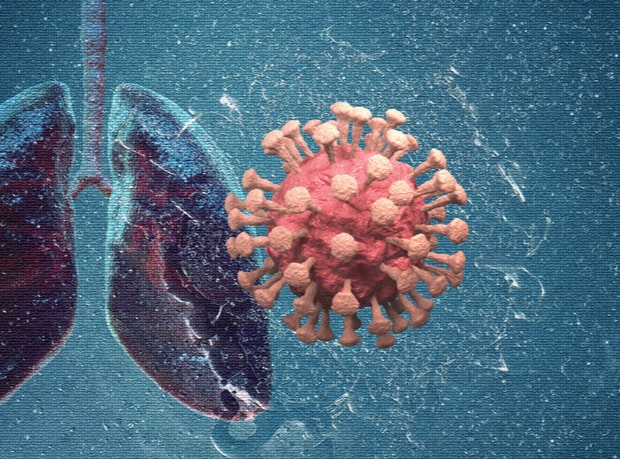Non-small cell lung cancer accounts for approximately 85% of all lung cancer cases, especially in non-smoking patients.
Researchers from the Francis Crick Institute, University College London (UCL) and AstraZeneca (AZ) have uncovered why targeted therapies for non-small cell lung cancer (NSCLC) fail in some cancer patients.
Published in Nature CommunicationsThe study demonstrated that lung cancer cells harboring two genetic mutations doubled their genome, making them more likely to survive treatment and develop resistance.
Approximately 85% of lung cancer cases are non-small cell lung cancer, which is the most common type of lung cancer in patients who have never smoked.
A common genetic mutation in NSCLC is a mutation in the epidermal growth factor receptor gene (EGFR), which accelerates the growth of cancer cells and is found in up to 15% of NSCLC cases in the UK.
Reanalysing data from trials of AZ’s EGFR inhibitor Tagrisso (osimertinib) in patients with EGFR mutations alone or EGFR and p53 mutations, the researchers found that while patients with EGFR mutations alone saw their tumors shrink in response to treatment, some tumors grew larger in patients with both mutations, evidence of rapid drug resistance.
The researchers then used mouse models with both EGFR and p53 mutations to investigate why tumors are prone to drug resistance.
The results showed that in mice with resistant tumors, there were far more cancer cells whose genomes had doubled, carrying extra copies of every chromosome.
When lung cancer cells with a single EGFR mutation and some with both mutations were treated with an EGFR inhibitor, a significantly higher proportion of cells with both double mutations and double genomes grew into new drug-resistant cells within five weeks.
Charles Swanton, Group Leader in the Laboratory of Cancer Evolution and Genomic Instability at the Crick Institute and Chair of Personalised Cancer Medicine at the Institute of Cancer Research, University of London, commented: “p53 mutations are associated with reduced survival in patients with non-smoking-related lung cancer, and it is the combination of EGFR and p53 mutations that allow genome doubling.”
“This increases the risk of developing drug-resistant cells due to chromosomal instability.”
The researchers are now aiming to develop diagnostic tests to identify these mutations in patients for clinical use.







